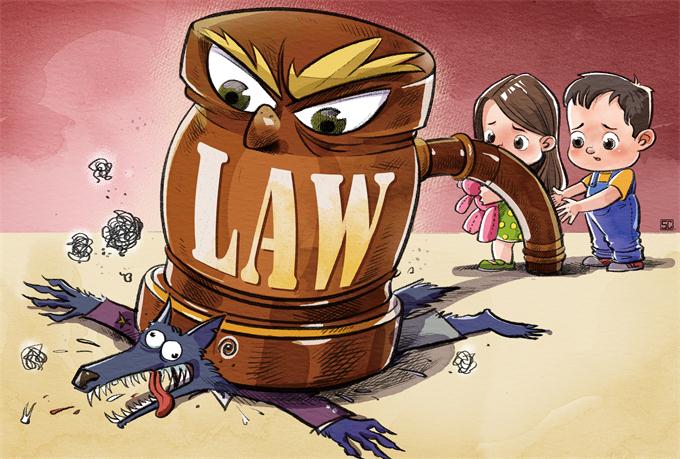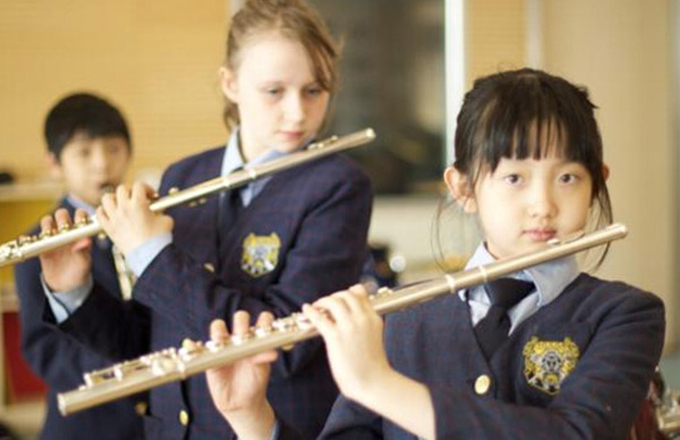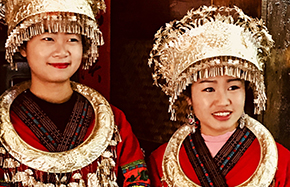Head transplant against existing law
Editor's note: Italian surgeon Sergio Canavero announced on Nov 17 that a team led by him and Ren Xiaoping, a professor at Harbin Medical University, had transplanted the head of a corpse on the body of another, and hinted at carrying out the same operation on a living human. Huang Jiefu, chairman of the China National Organ Donation and Transplantation Committee and former vice-minister of health, shared his views on the subject with China Daily's Zhang Zhouxiang and Shan Juan. Excerpts follow:
Q: Canavero said the surgical operation was a success, because the team connected the spine and the blood vessels, using polyethylen glycol as a kind of binder. What do you think about the claim?
A: The anatomic structure of the human neck is more complicated than a non-medical-professional can imagine. Take the "nerves", which Canavero referred to, as an example. The human neck contains the spine, the accessory nerves, the cervical sympathetic nerves, and the nerves connecting the human brain with the human body number in millions. So, the team might have been able to "glue" the nerves, but it's very difficult to "successfully reconnect" all of them.
Q: Canavero also hinted that the team could perform the same surgical operation on a living human in the future. Are there any challenges in such surgeries?
A: There are at least two. First, important human organs, such as the brain, the eyes, the ears, and the inner part of the nose, could easily suffer permanent damage because of a lack of blood and/or oxygen. That problem is yet to be solved.
Second, even the successfully transplanted organs face a challenge: immunologic rejection. When a human being receives organs or tissues, even cells from another person, his/her immune system is highly likely to recognize them as "alien" and attack it. In serious cases, that could be fatal. That's why some patients who receive organ transplants have to take medicines for the rest of their lives, which in turn increases the risk of cancer.
A majority of the patients who have had a hand transplant, for example, had to get them "detached" again because of fungus infection or psychological distress.
Q: Does human head transplant violate any existing law or regulation?
A: Yes. In the Harbin case, the head transplant involved two corpses. Legally speaking, the corpses have to be recognized as two citizens who donated their body and head to medical science or a medical experiment after death.
There are very strict laws regulating human body and organ donation in China, and the team led by Ren and Canavero has broken some of them. The ethical commission of the hospital where they performed the surgical operation should be answerable for their deeds.
Q: So what are your proposals for strengthening supervision of this sector?
A: We hope our medical professionals and institutions will invest their precious resources and intelligence to help those who truly need it. We have tens of thousands of patients with spine injuries, and if any medical researcher can achieve a breakthrough in autologous nerve regeneration, it will be of enormous help both to the medical profession and the patients.
Q: What about legal measures?
A: As I have always said, we need an amendment to the current Human Organ Transplant Regulation. In 2007, when the State Council, China's Cabinet, issued the regulation, it was a milestone in the field of human organ transplant in China. But on Jan 1, 2015, China called an end to the previous practice of using organs from prisoners on death row after their execution.
After that, voluntary donors have become the only source of organs for transplants, and yet the regulation doesn't include human organ donation. That's why it is time we amended the regulation.
Besides, while respecting the two basic principles of human organ donation - freedom of choice and willingness to donate - we should also consider providing assistance, such as exemption of or reduction in medical costs, for poor families.




















